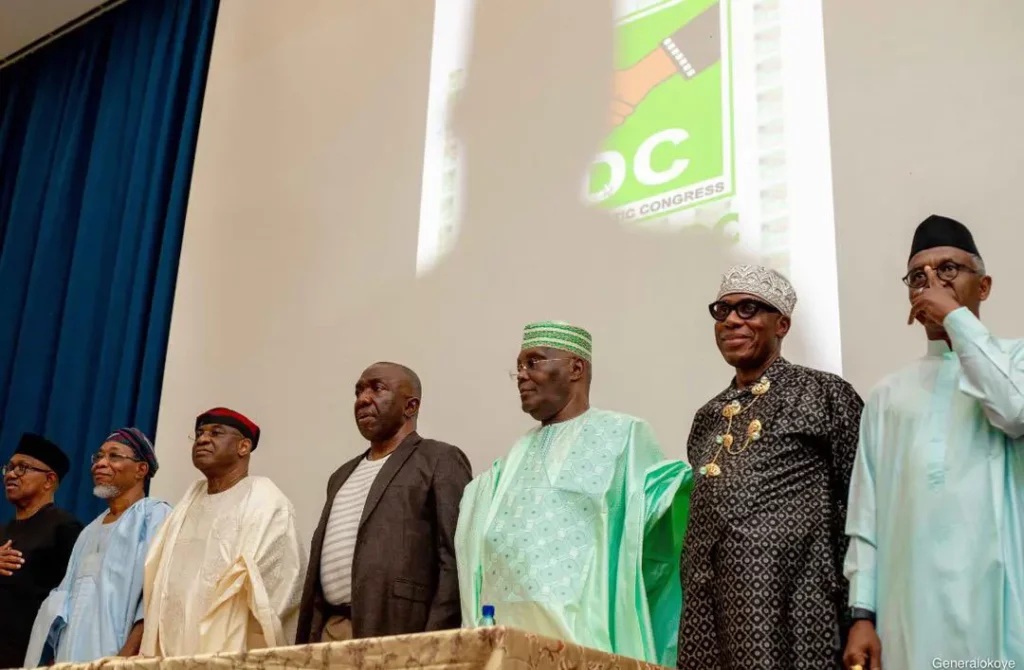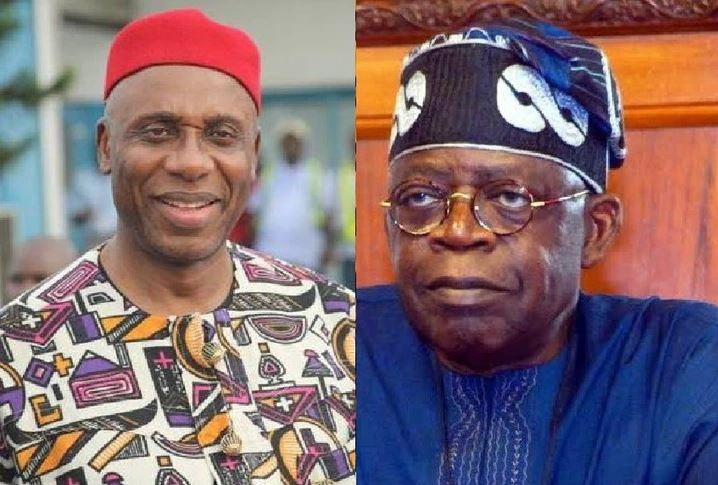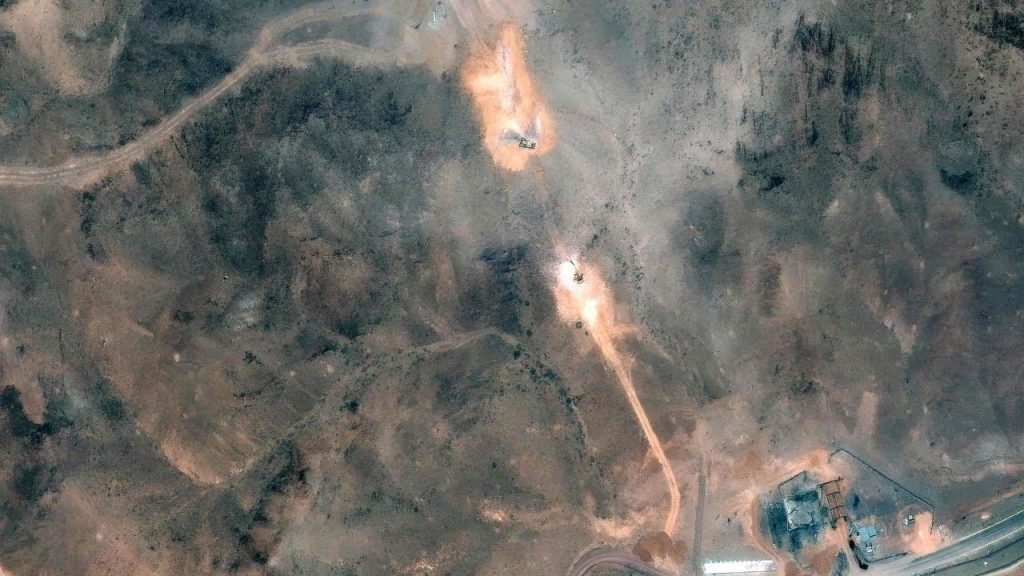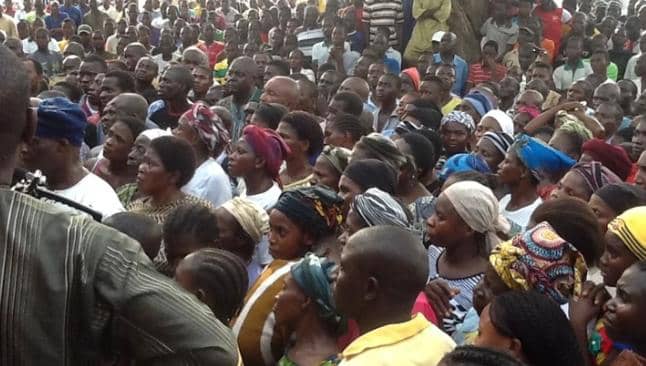Health
Peter Obi demands urgent reforms as billions fail to fix Nigeria’s broken health system
DDM News

Former presidential candidate and ex-Governor of Anambra State, Peter Obi, has once again raised serious concerns about the state of Nigeria’s healthcare system.
According to Diaspora digital media (DDM), speaking in Lagos over the weekend, Obi criticized the federal government for failing to improve the country’s health sector despite significant borrowings intended to support it.
Obi delivered his remarks as a keynote speaker at a gathering organized by ANAP Doctors in North America and the University of Nigeria Alumni.
The event, held at Eko Hotel in Lagos, had the theme: “Beyond Borders – Uniting for Medical Excellence, Strengthening Our Alumni, and Inspiring the Next Generation.”
He used the platform to emphasize that true development cannot be measured by physical infrastructure like roads and buildings alone.
According to him, health, education, and poverty alleviation are the three main pillars upon which any successful and sustainable nation must be built.
“The most critical measures of development are not roads or buildings,” Obi stated, “but health, measured by the Human Development Index (HDI).”
He added that the saying “health is wealth” holds especially true for nations seeking rapid and inclusive growth.
Obi decried the current state of Nigeria’s healthcare delivery system.
He pointed out that over 70 percent of the country’s primary healthcare centres are either non-functional or severely under-equipped.
In addition, Nigeria reportedly has only about 10 percent of the globally recommended doctor-to-population ratio.
This shortfall, he said, is a serious hindrance to quality healthcare delivery and medical access for millions of Nigerians.
He stressed that no country can achieve meaningful progress if its health infrastructure remains weak and neglected.
Obi highlighted the example of India, which once had similar challenges but has since made remarkable progress.
With a population seven times larger than Nigeria’s, India has now attained nearly 80 percent of the required doctor-to-population ratio.
He noted that the country is still expanding its network of medical colleges to meet future needs.
Obi explained that India’s healthcare transformation is a result of long-term planning, investment, and consistent policy implementation.
He also drew comparisons with countries such as South Africa, which have taken significant steps toward improving healthcare through greater investments and strategic planning.
According to him, South Africa, with a population of about 63 million, has allocated a healthcare budget for the 2024/2025 fiscal year that surpasses Nigeria’s total health expenditure from 2021 to 2025.
He stressed that this gap is alarming, given Nigeria’s population of over 200 million.
He described the contrast as a glaring example of misplaced priorities in Nigeria’s governance.
Obi further lamented the disconnect between government borrowings and tangible development in healthcare.
He noted that despite billions of dollars in loans from international organizations such as the World Bank, the expected improvements in Nigeria’s health system remain largely invisible.
“From 2023 to date, Nigeria has borrowed over $11 billion from the World Bank alone for healthcare and medical education,” Obi revealed.
“Yet, we are not seeing the meaningful impact this should have generated,” he added.
He argued that budgeting and borrowing must be restructured to serve the actual needs of the population.
Funds, according to Obi, should be allocated to improve health services, expand medical education, and ensure better access to quality care, especially at the grassroots level.
He explained that any serious government must ensure healthcare reaches the most vulnerable citizens.
He emphasized that healthcare should be seen not as a cost, but as an essential investment.
Obi called for a reorientation of Nigeria’s national priorities.
He urged leaders to redirect attention to the most critical sectors affecting the welfare and productivity of citizens.
He believes that without proper health and education infrastructure, no nation can experience real and sustainable progress.
He also pointed out that neglecting healthcare leads to brain drain, where talented professionals seek better opportunities abroad.
“We must urgently realign our planning, budgeting, and expenditures to ensure that borrowed funds are directed toward areas of critical need such as healthcare, medical education, and access to quality care,” he said.
He warned that continued mismanagement of public funds would only deepen the country’s development crisis.
He ended on a note of hope, saying he still believes in a better Nigeria.
He expressed confidence in a country where systems work, the government serves its people, and development is measured by human welfare.
Obi stated that Nigeria must focus on building human capital if it truly wants to compete globally.
He said the country’s large population should be an asset, not a burden.
Obi stressed that this can only be achieved through health, education, and social welfare reforms.
He added that reforms must be supported with transparent use of resources and clear accountability structures.
Obi’s comments have added to the growing public discourse on the need for improved healthcare delivery in Nigeria.
His statements have reignited questions about how the country utilizes borrowed funds and allocates its budget.
Many observers agree that Nigeria’s health sector needs urgent intervention backed by strong political will.
Peter Obi’s message serves as a reminder that national development must be people-centered, not just infrastructure-driven.
For Diaspora Digital Media Updates click on Whatsapp, or Telegram. For eyewitness accounts/ reports/ articles, write to: citizenreports@diasporadigitalmedia.com. Follow us on X (Fomerly Twitter) or Facebook












